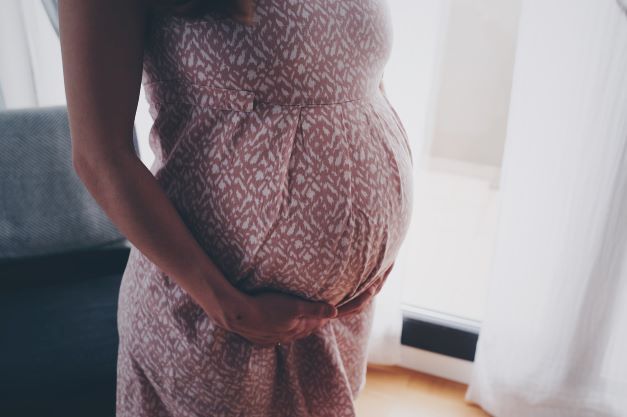What are the factors that lead to the loss of fetal life?
Promoting awareness of perinatal, neonatal, and gestational death. Every month, pregnant patients should get a gynecological examination.

Promoting awareness of perinatal, neonatal, and gestational death. Every month, pregnant patients should get a gynecological examination.


Mexican judges and magistrates refute the Attorney General's Office (FGR) statement that a federal judge in Culiacán, Sinaloa, refused to hear the case against Joaquín Guzmán López, son of El Chapo, for allegedly kidnapping Ismael "El Mayo" Zambada.

Joaquín "El Chapo" Guzmán has filed an appeal for a new trial, claiming his extradition to New York was "illegal" and his lawyers were "ineffective". He argues he should have been extradited to Texas or California and his lawyers failed to properly examine witnesses, leading to his life sentence.

Ovidio Guzmán López, son of Joaquín "El Chapo" Guzmán, appeared in a Chicago court for a review hearing. His lawyer, Jeffrey Lichtman, confirmed that Ovidio and his brother Joaquín are seeking a plea agreement with the American justice system.

Experience Mexico's breathtaking landscapes and vibrant culture on three unforgettable train trips. The Copper Canyon Railway winds through rugged mountains, the Tequila Express tours Jalisco's countryside and distilleries, and the Chiapas Railway explores ancient Mayan ruins.